Mozambique: USAID employees return to work in Maputo - Carta
Mozambique: 1,000,000 people living with HIV not being treated
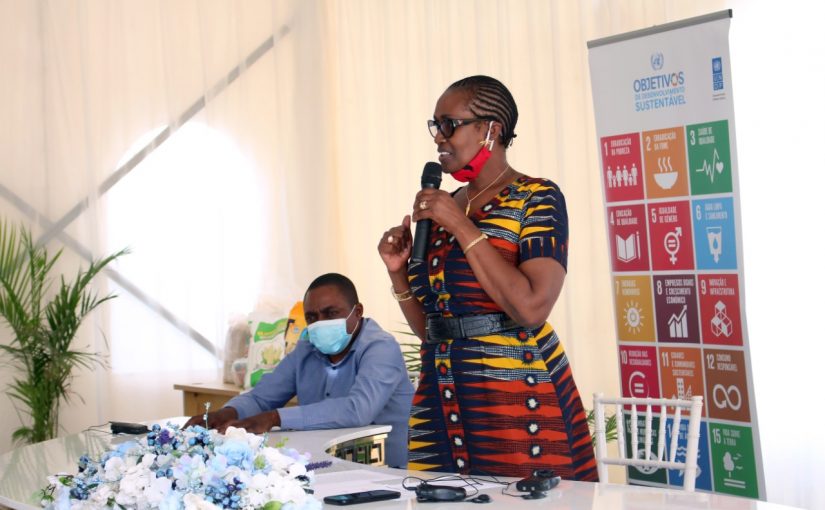
Photo: Twitter / @Winnie_Byanyima
Mozambique has to find one million people with HIV who are off antiretroviral treatment in the country, get them on and stay on therapy, UN Under-Secretary-General Winnie Byanyima said on Wednesday.
“Today there are 2.2 million people who are HIV positive [in Mozambique] and of those, only 1.2 million are on treatment,” meaning: “There are a million who are out, who we have to find to put on treatment and make sure they stay,” she said.
“There is a challenge, and we have to help Mozambique to bring these services” for diagnosis and treatment of HIV/AIDS to the population, and at the same time, “end the stigmas”.
Winnie Byanyima, who is also the Executive Director of the Joint United Nations Programme on HIV/AIDS (UNAIDS), was speaking at a webcast press conference at the end of a four-day visit to Mozambique.
During the visit, she met with several entities and public figures, including Mozambique’s president, Filipe Nyusi, to whom she reiterated the programme’s support to the country.
Mozambique has not reached the 90-90-90 target foreseen for 2020 – 90% of the population diagnosed, 90% of HIV/AIDS cases in treatment and 90% of those treated in viral suppression -, but other countries have not reached that target either, Byanyima pointed out.
Essuatíni and Namibia were exceptions mentioned by Byanyima as countries that have achieved the feat.
“Mozambique has not reached” the target, “but has made progress”, she said.
However, “the data from Mozambique suggests that there is a lot of work to be done to support testing and even more so that those who test positive go for treatment”, she said.
According to a report by the Mozambican ministry of health for 2019, 73% of people with HIV had been diagnosed, 59% of these were on treatment, but only 32% achieved viral suppression.
According to Byanyima, her trip to Mozambique was also related to needs assessment regarding armed attacks in Cabo Delgado.
“When people are displaced, they lose access to services and the risks increase,” she said, calling for maximum attention to what is happening in northern Mozambique.
Armed groups have terrorised Cabo Delgado since 2017, with some attacks claimed by the ‘jihadist’ group Islamic State, in a wave of violence that has led to more than 2,500 deaths according to the ACLED conflict registration project and 714,000 displaced according to the Mozambican government.
The most recent attack was on 24 March against the town of Palma, causing dozens of deaths and wounded, but final numbers have not been released yet.
The Mozambican authorities regained control of the town, but the attack led oil company Total to abandon indefinitely the site of the gas project scheduled to start production in 2024 and on which many of Mozambique’s economic growth expectations for the next decade are anchored.
Met yesterday w/Mozambique civil society. With 🇲🇿 at the epicenter of the AIDS epidemic, #civilsociety plays a key role both in community support and in holding government accountable. Having HIV is not a crime. Together we need to end discrimination to reach equality & #endAIDS! pic.twitter.com/XZWGaUFVfK
— Winnie Byanyima (@Winnie_Byanyima) April 21, 2021
Mozambique has played an inspirational role in the history of our continent, yet still every 15 minutes an adolescent girl or young women acquires HIV. We must do everything we can to overcome barriers to access to health & education, to turn this around. #endAIDS #EducationPlus https://t.co/2qTdwf8uiN
— Winnie Byanyima (@Winnie_Byanyima) April 21, 2021


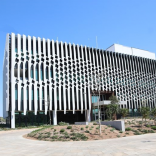






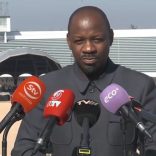
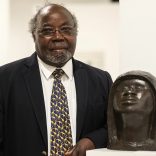
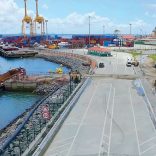
Leave a Reply
Be the First to Comment!
You must be logged in to post a comment.
You must be logged in to post a comment.